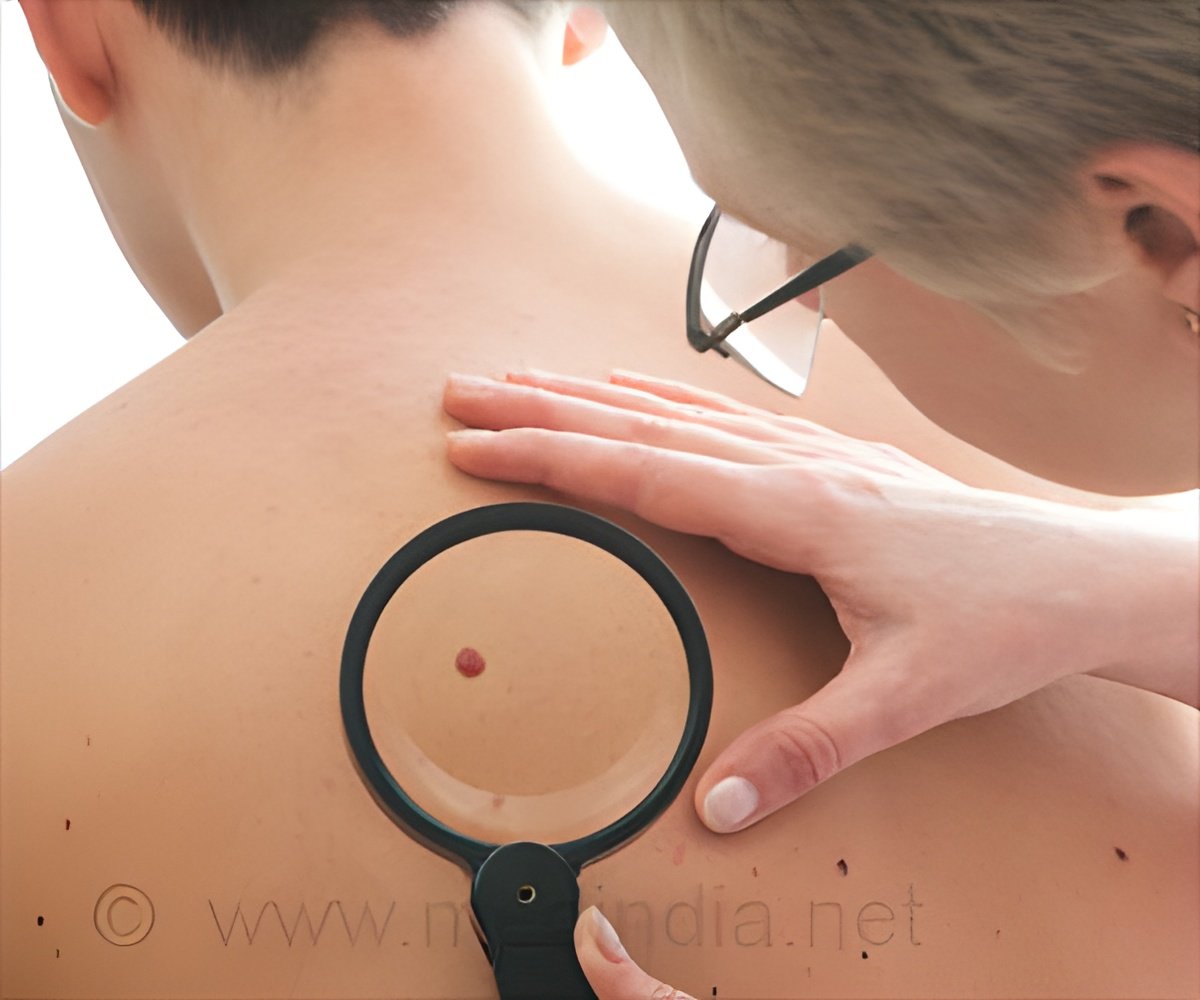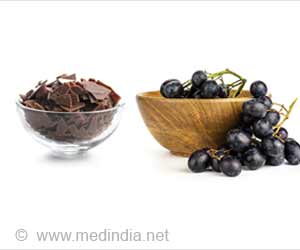Non-invasive and simple skin methods involving swab from a skin area rich in sebum may sufficiently detect COVID-19.

‘COVID-19 is known to damage multiple areas of the body that aids in detecting the disease. Among the list, the non-invasive skin swab from a skin area rich in sebum may also help detect COVID-19. This simple sebum sampling method promises reliable diagnosis and monitoring of the disease in both healthcare and a non-healthcare setting.
’





PCR (polymerase chain reaction) test, which involves collecting swab from the back of the throat and the nose, has become the gold standard approach for detecting COVID-19. However the present study demonstrates the efficacy of sebum samples in diagnosing COVID-19. The team analyzed the sebum samples from 67 hospitalized patients - 30 who had tested positive for COVID-19 and 37 who had tested negative by gently swabbing a skin area rich in sebum. Liquid chromatography-mass spectrometry and a statistical modelling technique called Partial Least Squares - Discriminant Analysis was utilized to differentiate between the COVID-19 positive and negative samples.
Sebum is an oily, waxy substance produced by the body's sebaceous glands such as the face, neck or back. It was observed that patients with a positive COVID-19 test had lower lipid levels or dyslipidemia when compared to those with a negative test. Controlling the medication and additional health conditions resulted in the increased accuracy of the study's results.
"Unfortunately, the spectre of future pandemics is firmly on the top of the agenda for the scientific community. Our study suggests that we may be able to use non-invasive means to test for diseases such as COVID-19 in the future - a development which I am sure will be welcomed by all", says Dr Melanie Bailey, co-author of the study from the University of Surrey.
"Investigating new methods of diagnosis and surveillance in a new disease such as COVID-19 that has had such a devastating effect on the world is vital. Sebum sampling is a simple, non-invasive method that shows promise for both diagnostics and monitoring of the disease in both a healthcare and a non-healthcare setting", says Dr George Evetts, Consultant in Anaesthesia & Intensive Care Medicine at Frimley Park Hospital.
Advertisement
Source-Medindia















